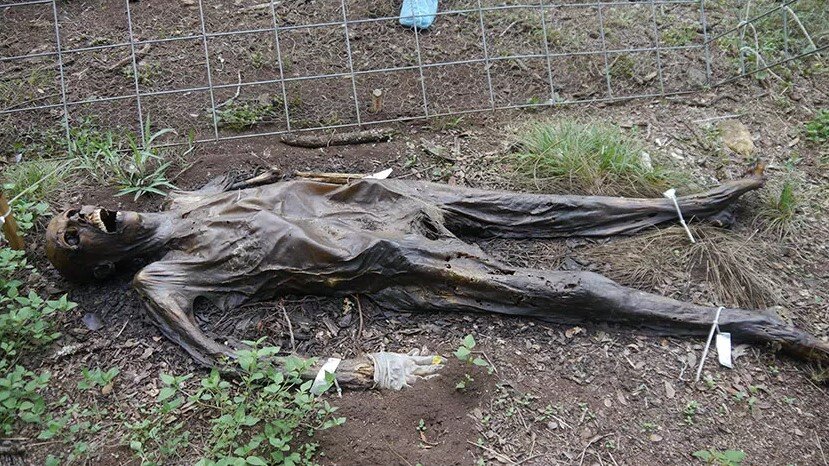The dying process usually begins a few weeks or even as early as 3 Months before death occurs. Certain changes take place, psychologically, behaviourally and physically as a person nears the end of their life.
Here are the most common signs of impending death.
A dying person will begin to Sleep excessively and for long periods of time. The mildest physical exertion for somebody approaching death can be exhausting and nearer the end they will increasingly drift in and out of consciousness.
Skin and stature changes.
The skin can become paper thin and very pale, especially in the elderly. Liver spots may appear on their hands and face and their hair will become thin.
They may also shrink in stature.
They may emit a pungent sickly oder. In some cases they will emit an acetone type oder. This is caused by their system shutting down and their metabolism changing
Their Behavioural changes,
They may begin to withdraw from their surroundings and decline visits from neighbours, friends and family members. When they do accept visitors, they may not be very vocal.
They lose their Appetite completely. This usually happens a few weeks before death. As the body begins to slow down, it no longer needs fuel to keep it going so the dying will often lose their desire to eat or drink and can begin to lose weight very rapidly.
They may suffer from confusion and start speaking irrational or nonsensical
A couple of days or a few hours before death, they may get a surge of energy as if the person is getting better, but this is usually a sign that they are moving closer towards death, rather than away from it.
The body temperature lowers by a degree or more and the blood pressure lowers and their pulse becomes irregular, and may slow down or speed up. There is increased perspiration and lips and nail beds become pale and bluish.
Their breathing becomes more rapidly.
The hands and feet become blotchy and purplish (mottled). This mottling will work its way up their arms and legs. Their lips may start to droop. They usually becomes unresponsive by this point and may have their eyes open slightly but not seeing their surroundings.
It is widely believed that the hearing is the last sense to go.
The heart stops beating then they start to convulse taking in shorter breaths, their ears start to get cold because of lack of circulation.and their blood turns acidic.
They lose their cough reflex causing a build of mucous. Due to spasms this will cause a gurgling or rattling sound. This sound is known as the “death rattle.” the lungs shut down and finally the brain stops functioning. Although the Brain stem may still be alive.
Recent studies show that our brains continue to "work" for 10 minutes, maybe longer, meaning that our brains, may be aware of our death. However, the research is only preliminary.
There are a few requirements doctors use if a person dies in a hospital setting to define death.
The absence of a pulse, the absence of breathing, the absence of reflexes, and the absence of pupillary constriction in response to a bright light.








